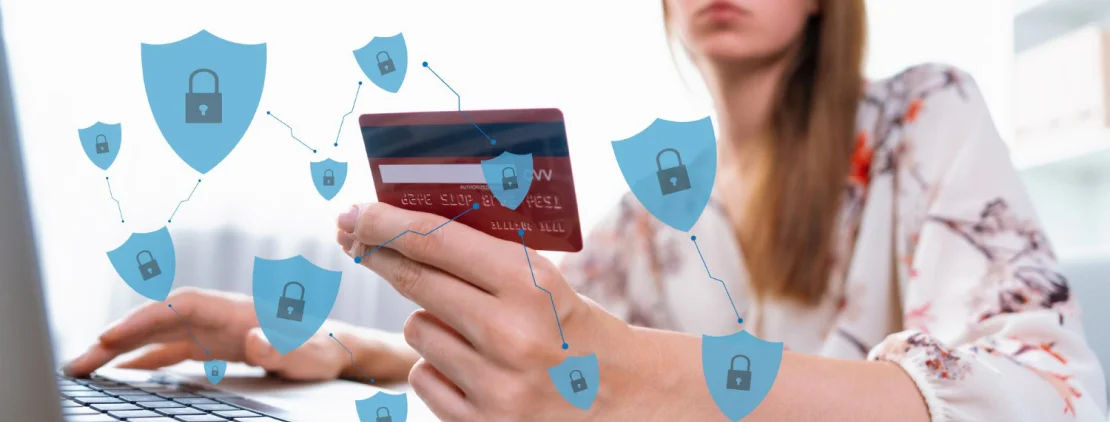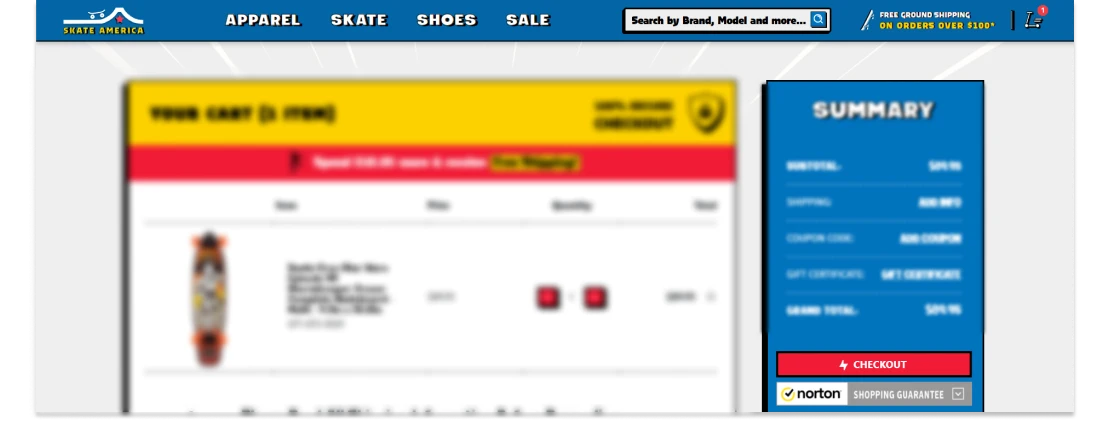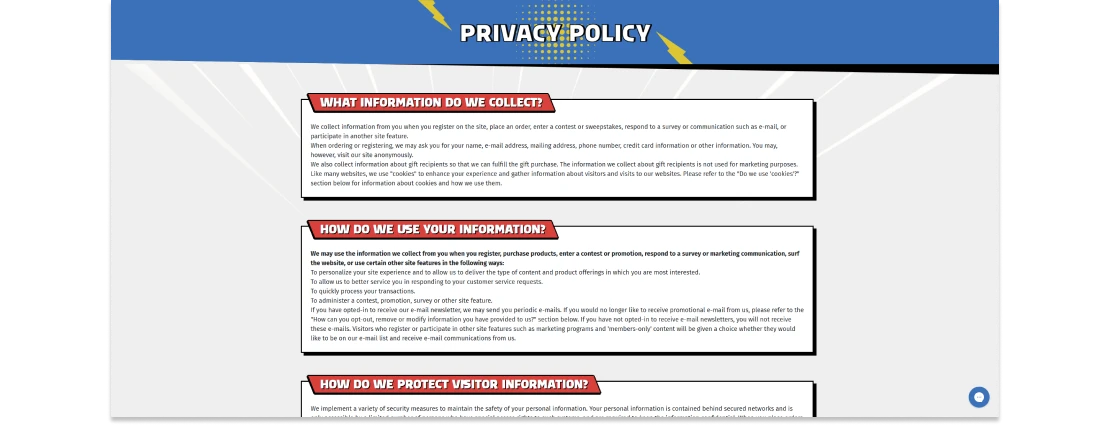
eCommerce in 2025 isn’t just thriving—it’s redefining the way people shop, with global online sales projected to exceed $7 trillion. In this competitive, fast-paced world, a secure checkout process is essential. It’s not just a nice feature; it’s a cornerstone of customer trust, business integrity, and brand loyalty.
With increasing cyberattacks and growing consumer awareness about online safety, businesses need to prioritize secure transactions more than ever. A safe checkout process does more than just protect sensitive customer data; it fosters trust, reduces cart abandonment, and sets businesses apart in a crowded marketplace.
The Growing Need for Secure Checkouts
The Surge in eCommerce and Cyber Threats
As digital acceleration continues post-pandemic, online shopping has cemented itself as a consumer staple. But with this growth comes an alarming rise in cybercrime. Experts predict a 40% increase in eCommerce-related cyberattacks in 2025, targeting sensitive customer data and payment processes. Without robust security measures, businesses risk not just financial loss but irreparable damage to their brand reputation.
Consumer Expectations for Security
Consumers today are more aware than ever of cybersecurity risks. They actively look for security indicators—such as HTTPS encryption, trust badges, and well-known payment processors—before completing a transaction. If these security measures are missing, customers may hesitate, leading to increased cart abandonment rates. Businesses must be transparent about their security practices to reassure customers that their data is safe.
The Cost of Neglecting Security
A single breach can cost businesses millions. IBM reports that the average cost of an eCommerce data breach exceeds $4 million, excluding the loss of customer trust and potential long-term revenue damage. Investing in secure checkout processes is a fraction of this cost, making it a no-brainer for future-ready eCommerce businesses.
Key Elements of a Secure Checkout
A well-secured checkout consists of multiple layers of protection. The most essential elements include:
SSL Certificates and HTTPS
SSL (Secure Sockets Layer) certificates encrypt data as it moves between a customer’s browser and a website, preventing unauthorized access. HTTPS (Hypertext Transfer Protocol Secure) ensures that data remains confidential and protected against cyber threats. Any eCommerce website lacking HTTPS will likely lose customers due to security concerns.
 Skate America Trust Badge
Skate America Trust Badge
PCI Compliance
The Payment Card Industry Data Security Standard (PCI DSS) is a set of security guidelines designed to protect cardholder data. Compliance with PCI DSS is mandatory for any business that processes, stores, or transmits credit card information. Non-compliance can result in hefty fines and increased vulnerability to data breaches.
Tokenization
Tokenization enhances payment security by replacing sensitive payment details, such as credit card numbers, with randomly generated tokens. These tokens are useless to hackers, making tokenization an effective way to protect customer information.
AI-Powered Fraud Detection
Artificial intelligence (AI) has revolutionized fraud prevention. Tools like Stripe Radar and Riskified use machine learning to analyze customer behavior, detect suspicious transactions, and prevent fraudulent activity before it happens. AI-driven fraud detection can significantly reduce chargebacks and unauthorized transactions.
Two-Factor Authentication (2FA)
Two-Factor Authentication adds an extra layer of security by requiring customers to verify their identity through an additional step, such as a one-time code sent via text message or email. This measure drastically reduces the risk of unauthorized access to accounts and payment details.
 Amazon 2-step example
Amazon 2-step example
Emerging Technologies Enhancing Secure Transactions
Biometric Authentication
Biometric authentication, such as fingerprint scanning and facial recognition, is becoming more common in eCommerce. Mobile payment services like Apple Pay and Google Pay have already integrated these technologies, making transactions both secure and seamless for customers.
Blockchain Technology
Blockchain technology offers a decentralized and tamper-proof way to process transactions. Because blockchain operates on a distributed ledger system, it significantly reduces the chances of fraud and unauthorized alterations, making it a promising technology for future payment security.
Trusted Payment Gateways
Well-established payment gateways like PayPal, Stripe, and Square offer built-in encryption, fraud prevention, and chargeback protection. Using these services adds an extra layer of credibility and security to your checkout process.
Building Customer Confidence Through Transparency
Even the most secure checkout system won’t be effective if customers aren’t aware of the security measures in place. Businesses should make security features visible and clearly communicate their commitment to protecting customer data.
Display Security Certifications and Badges
Customers look for trust signals when shopping online. Displaying security certifications, SSL trust badges, and PCI compliance notices reassures them that their personal and payment information is protected.
Communicate Security Measures
A simple statement like “Your payment is encrypted and secure” during checkout can put customers at ease. Providing a brief explanation of the security measures in place can make customers feel more confident about completing their transactions.
Provide a Transparent Privacy Policy
A well-written, jargon-free privacy policy should outline how customer data is collected, stored, and protected. Transparency about data handling builds trust and helps customers feel secure while shopping.
 SkateAmerica privacy policy
SkateAmerica privacy policy
The Benefits of a Secure Checkout for eCommerce Businesses
Implementing a secure checkout process isn’t just about reducing risk—it provides tangible business benefits.
Increased Customer Trust
A well-protected checkout process builds consumer confidence and encourages repeat business. Customers who feel safe shopping on your website are more likely to return and recommend your store to others.
Higher Conversion Rates
Shoppers are more likely to complete purchases on websites they trust. Secure payment processes eliminate hesitation and reduce cart abandonment rates, leading to higher conversions.
Compliance with Regulations
With laws like CCPA (California Consumer Privacy Act) enforcing strict data protection policies, ensuring compliance is crucial. A secure checkout system helps businesses meet these regulatory requirements and avoid costly penalties.
Lower Fraud Costs
Fraudulent transactions and chargebacks can be costly for eCommerce businesses. Strong security measures reduce fraudulent activity, minimizing financial losses and operational headaches.
How to Implement a Secure Checkout System
Implementing a secure checkout system starts with choosing the right eCommerce platform. Platforms like Shopify, BigCommerce, and Magento come with built-in security features designed to protect both merchants and customers. These platforms ensure that payment processing meets industry security standards, reducing the risk of fraud and data breaches.
Regular security audits are also essential for maintaining a secure checkout process. Using tools like Qualys allows businesses to identify vulnerabilities before they become major security threats. Regularly reviewing and updating security protocols ensures that any potential weaknesses are addressed promptly, keeping customer data safe and maintaining compliance with industry regulations.
Educating customers about security best practices is another crucial step. Many online shoppers fall victim to phishing scams or fraudulent sites, so providing clear guidance on verifying site authenticity can help prevent issues. Businesses should display trust signals such as SSL certificates and secure payment gateway logos while also offering resources on how customers can protect their personal information. A well-informed customer base leads to greater trust, fewer disputes, and a safer shopping environment for everyone.
Empowering eCommerce Success in 2025
A secure checkout is more than a technical requirement—it’s an investment in customer trust and long-term growth. As eCommerce continues to dominate, businesses that prioritize transaction security will gain a competitive edge in the marketplace.
Need help securing your checkout process? At MAKDigital, we specialize in creating safe, seamless shopping experiences. Contact us today to learn how we can protect your transactions and build trust with your customers.

 Eashan Mehta
Eashan Mehta





